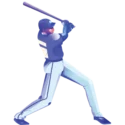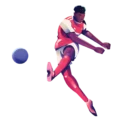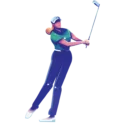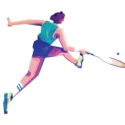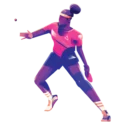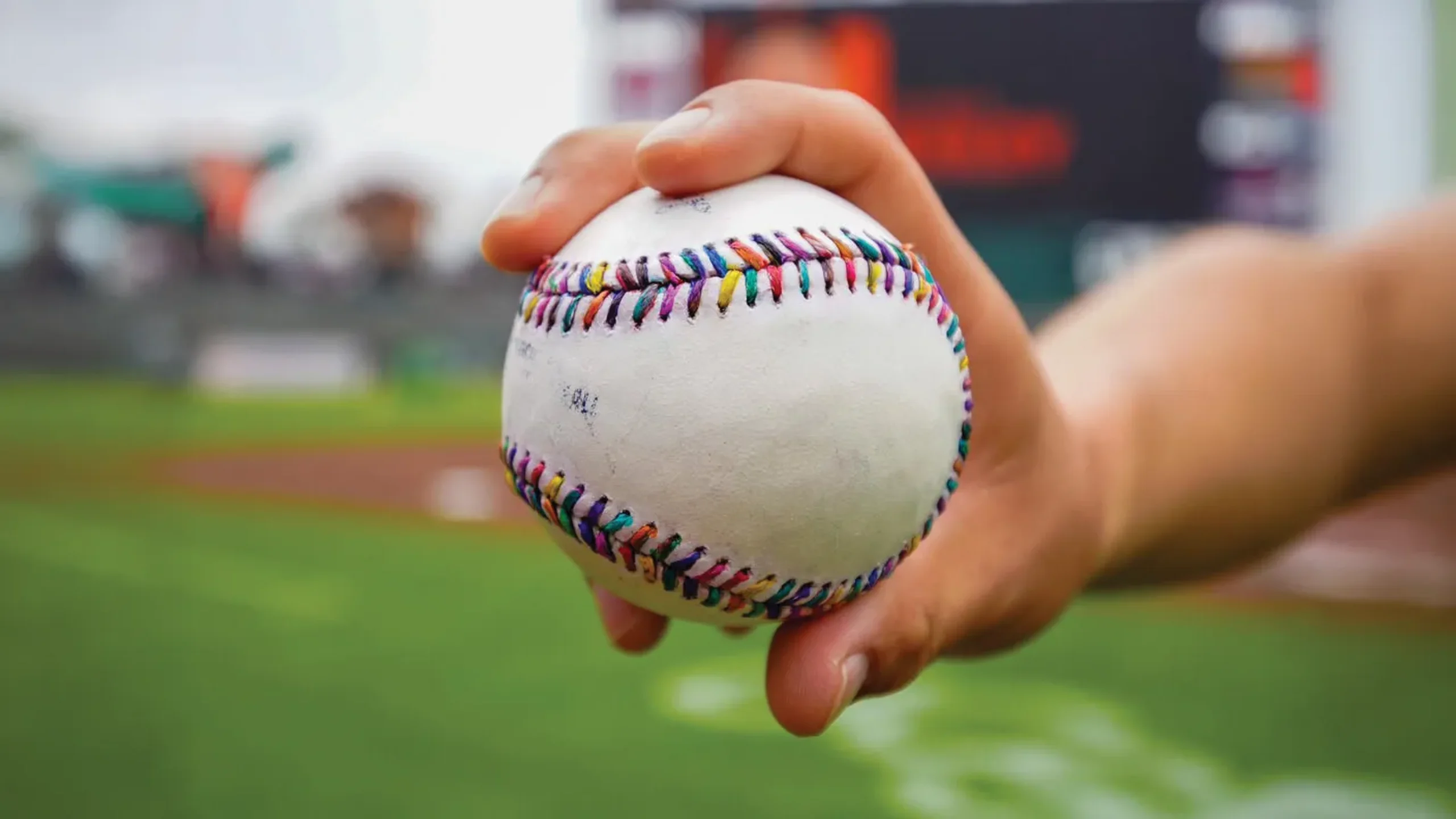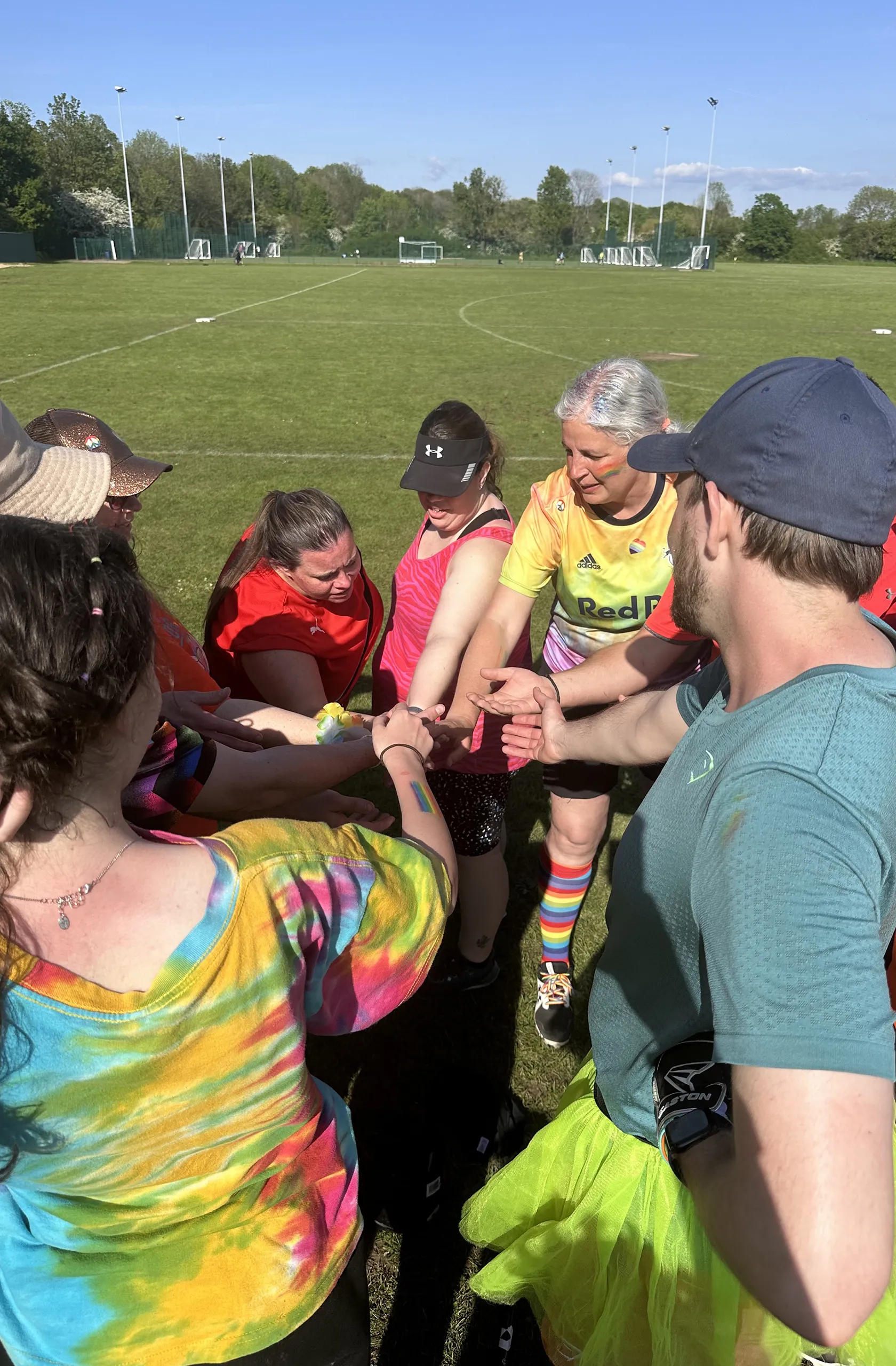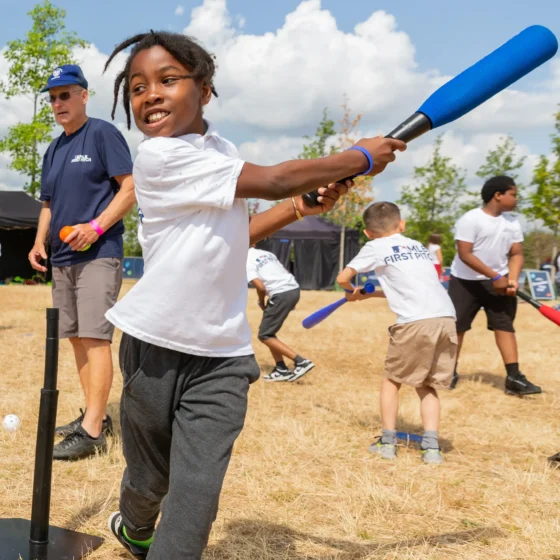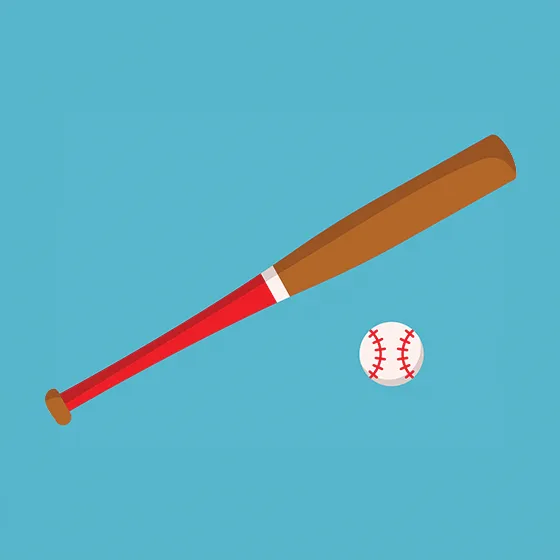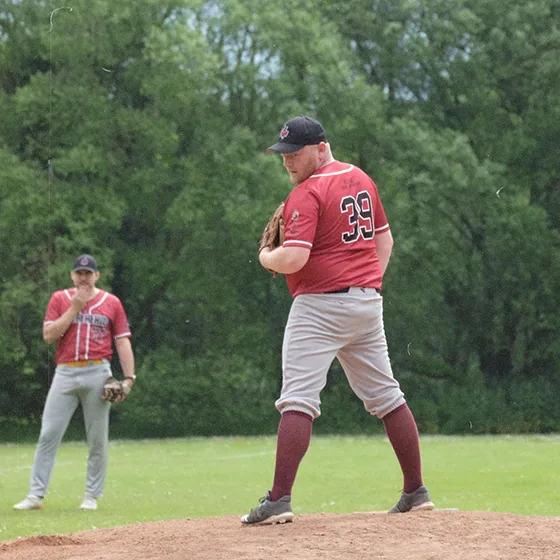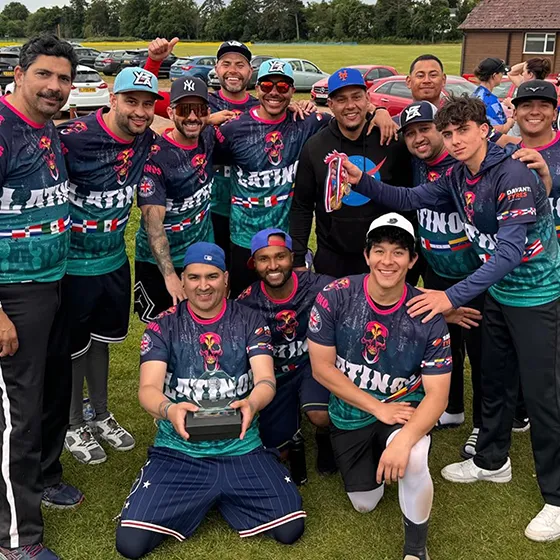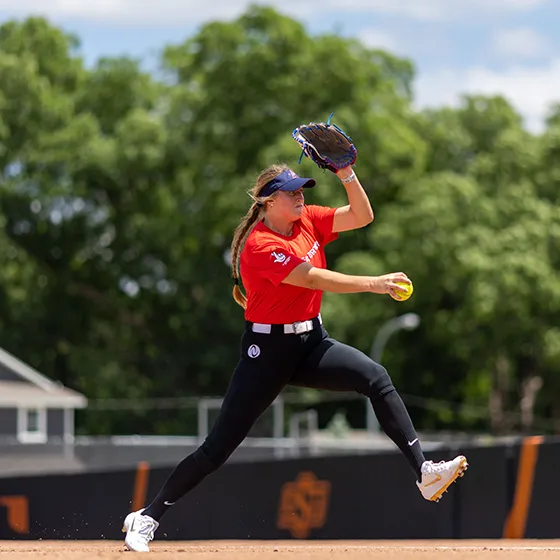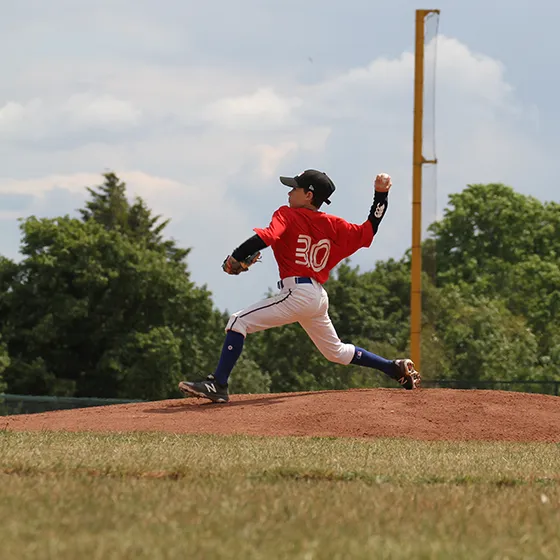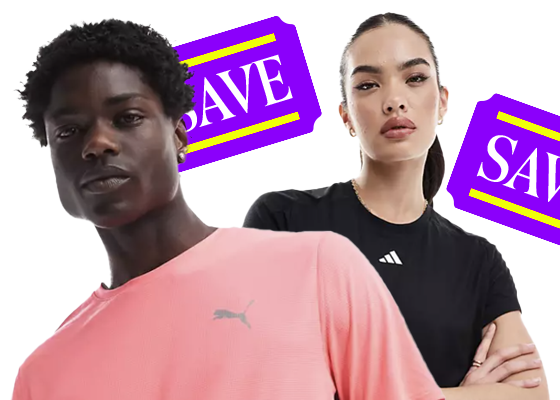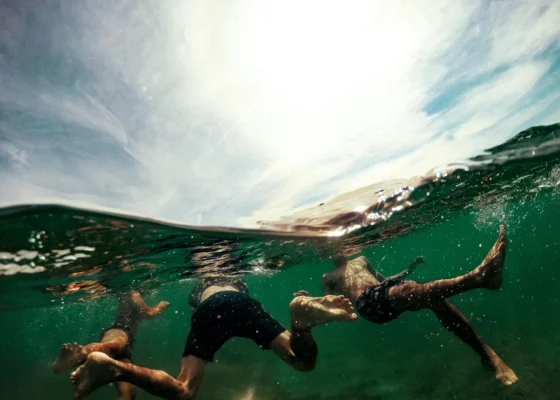Softball has long been celebrated as a sport that brings people together on the diamond. But beyond the bases and batting averages, the language and culture around the game can play a powerful role in shaping who feels welcome.
As conversations about inclusion grow louder across sports, Luis Arrevillagas of the Manchester Softball League tells us how softball is stepping up to examine how its words, traditions, and team environments can better reflect the diversity of its players and ensure that everyone, regardless of gender, sexuality, background, or ability, feels like they belong.
A history of co-ed
In this country the majority of softball is co-ed. Some people don’t like the term co-ed, which I think comes from “co-educational” in America. A lot of people don’t know what the term means, but it’s just mixed sport, mixed gender sport. So men and women play together in softball, which is one of the biggest and best things about the sport.
Team balance
It’s a sport that’s literally 50/50, there are rules to maintain that, like with the batting lineup. For example, when people come to bat, the first batter can be either male or female, but the second batter has to be the opposite gender, and so on. It’s an alternating pattern. In the field there are 10 positions, four in the outfield, four in the infield, and the pitcher and catcher. There must be two men and two women in the outfield and two small-ball hitters and two big-ball hitters, which I’ll explain in a second. In the infield, you have the same setup, two small-ball hitters, two big-ball hitters, and the pitcher and catcher. So, we keep it balanced. There has to be five men and five women in the field, and if there’s a substitution, it must stay five and five.
These are international rules, not something we’ve just made up. The sport is incredibly welcoming and inclusive in that way. If I don’t have five women, I cannot play. I have to go and find five women. And as it happens, women tend to be the most important people in the game because they’re normally less likely to get into sports in general, that’s just a statistic, nothing more.
Language and inclusivity
The language has changed quite a bit. There’s a push for inclusivity. In general society, some people feel like they’re being pushed into it, complaining that ‘You can’t say this, you can’t say that.’ But I think people have realised that to make everyone feel welcome, they need to adapt. For example, instead of saying “boy and girl ball” when referring to the different sizes of the balls, we now say “small ball” and “big ball.”
So, instead of saying, “I need a woman for my team,” people now say, “I need a small-ball hitter for my team.” It’s become general knowledge, and no one is offended by it. It’s just a more inclusive way to talk about the sport. The sport has grown a lot over the years. One of the biggest changes has been the language around the sport and how we mention women and the LGBT community, and how they are included.
Men’s and women’s teams
Language is massive. For example, in 2022 we had the European Championships, and I was part of the Great Britain team, and my shirt said “Men’s GB Softball” on the back. Someone stopped me and said, ‘That’s really cool that you have that on the back.’ I thought they were talking about me being part of the team, but they actually liked the fact that we labeled it ‘Men’s’ GB Softball. In many other sports, they just say “England Football” for the men, while it’s “England Women’s Football” for the women. But we specifically made it clear it’s the men’s team and the women’s team. I thought that was a pretty cool thing to do.
Young and old
I’m part of the staff for the Great Britain softball team. We won the Europeans last year, and we’ve won several times. I’ve been part of that setup for about five years now, as an assistant coach. The youngest player on the team is about 20, but then we have players up to 42 years old. So the average age is around 30. In this sport, experience counts for a lot. You need speed, but experience is crucial. Joe [Grantham], for example, is nearly 40 and has been one of the best players in the country for the past few years. He still plays football as a great goalkeeper and coaches football, but he’s mad about softball.
Playing with the elite
The great thing with the Manchester Softball League is you can turn up and end up playing with people like Joe, one of the GB players. Or Zoe [Le Roux], another GB player who started just five years ago at university and ended up in the GB team. She made one of the most amazing catches last summer in the European Championship in the Czech Republic.
What we want to continue doing at the Manchester Softball League is provide the best league in the country. You’ll be playing with people who are brand new to the sport, too. It’s incredible, what other sport gives you the chance to play with someone who plays for Great Britain? You turn up on a Sunday, and you’ll see them. They’re all friendly and welcoming.
Find out more about the Manchester Softball League



